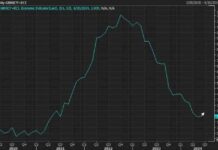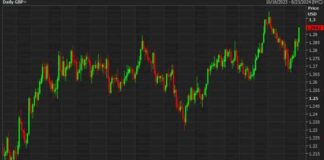Jerome Powell, the chairman of the Federal Reserve, is known for his steady leadership. However, his recent decision to keep interest rates at 5.25-5.5% on July 31st raised concerns after weak employment data was released. This led to a global market downturn as investors feared that the Fed was not keeping up with the economic curve.
Central bankers like Powell often face public scrutiny and debate over their decisions. Some argue that a unified front is crucial for maintaining stability in the economy. When central bankers present a united front, it can help instill confidence in the markets and prevent unnecessary volatility.
On the other hand, some believe that a diversity of opinions within central banks can actually be beneficial. By having different perspectives and approaches, central bankers can better assess the complex economic landscape and make more informed decisions. This diversity of thought can lead to more robust policies that take into account a variety of factors.
It is important for central bankers to engage in public arguments and debates, as this can help shed light on different viewpoints and foster a healthy exchange of ideas. While disagreements may arise, it is through these discussions that central bankers can refine their thinking and ultimately make better decisions for the economy.
Ultimately, the key for central bankers is to strike a balance between presenting a united front and fostering diversity of thought. By finding this balance, central bankers can navigate the complexities of the economy and steer it towards stability and growth.

















